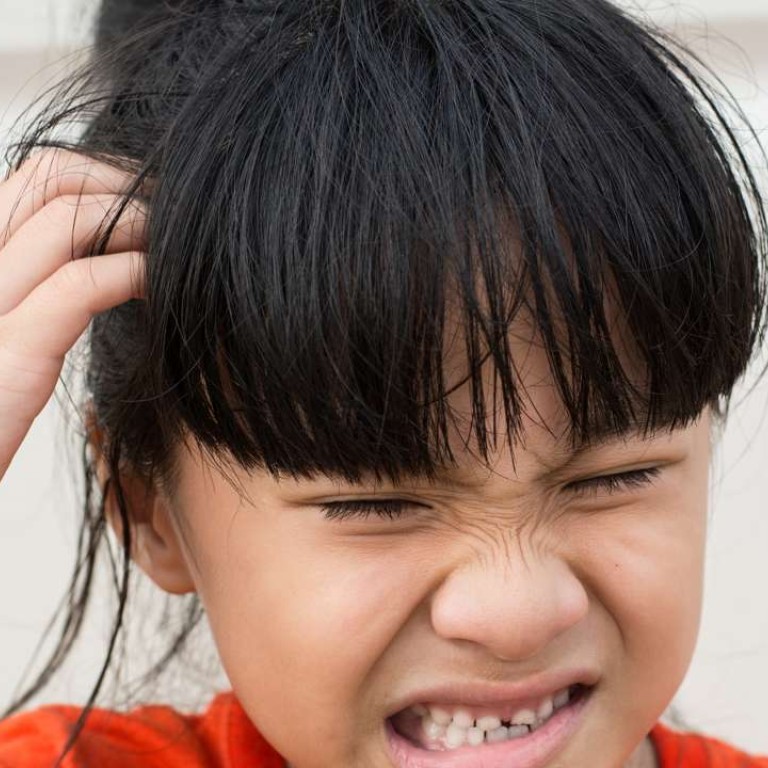
Why don’t Hong Kong schools perform head checks for lice?
A Hong Kong mother is frustrated that her daughter is missing school after contracting head lice and bemoans the lack of nit nurses
My daughter has contracted head lice and I’ve been asked to keep her at home for the time being, which is very frustrating because she’s missing out so early in the term. She usually ties up her hair but other girls don’t always do so. There are no strict rules about girls tying up their hair even for PE and the nurse on site doesn’t do head checks. Why don’t schools have nit nurses any more?

Most international schools have a nurse on site, who is available if a teacher spots something suspicious moving in a child’s hair; but unlike in the past, these health professionals don’t generally do spot checks. You would not be alone in wanting the nit nurse back. One recent online survey reported that more than 80 per cent of parents were in favour. Recently, hundreds of parents in a small British town signed a petition urging the return of the nit nurse. However, perhaps surprisingly, the incidence of head lice has not significantly increased since nit nurses were axed.

Younger children tend not to respect each other’s personal space, which is why head lice are so common in schools. Loose, long hair in particular can be a breeding ground as pupils work together in close proximity or play games, which are ideal opportunities for lice to travel from one head to the next. They are then passed on to other family members as they enjoy a cuddle at home.
Although it is an inconvenience, you should keep your daughter at home otherwise a vicious circle of contractions will develop in the school. When there has been an outbreak of head lice in a class, the school often sends a letter to warn the parents to be extra vigilant.

Unfortunately, recent research shows that head lice are becoming increasingly resistant to common treatments. Overusing these or using them as a deterrent in advance is not recommended. This can only make matters worse. The best way of keeping head lice under control is to check your daughter’s hair regularly and treat her head quickly if you find any. Always check at least once a week for a month afterwards to prevent a second outbreak.
Continue to make sure her hair is tied up whether PE is on the timetable or not. Tying up hair for PE is an important health and safety issue and you should definitely bring this point up with the school if this rule is not being followed. Inevitably, if pupils get a sense that they can get away with it, they will.
They are equally likely to be found on clean or dirty hair. It is simply the luck of the draw. I have taught for many years and never contracted them, despite being in close proximity to pupils who have. Thankfully, head lice are an unpleasant inconvenience but not the end of the world.
Julie McGuire is a former Hong Kong primary school teacher
